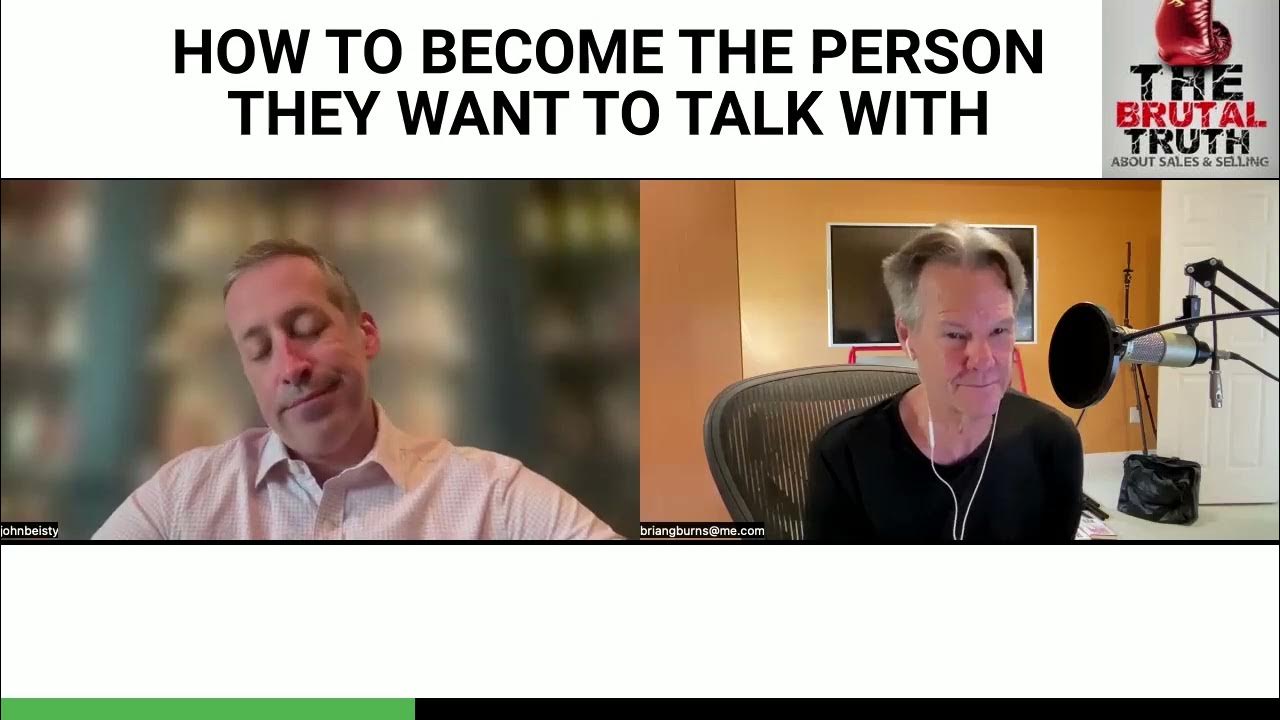The Universe 25 Mouse Experiment
Summary
TLDRJohn B. Calhoun's research on Universe 25, a controlled utopia for mice, illustrates the impact of overpopulation on social structures. Initially thriving with abundant resources, the population eventually faced competition and stress, leading to social breakdown, violence, and extinction. Calhoun's findings highlight the phenomenon of 'Behavioral Sink,' where excessive numbers disrupt social roles. His work raises important questions about human overcrowding, suggesting that while reproductive restrictions are one response, adaptability through innovative solutions offers hope for managing societal challenges. This study serves as a cautionary tale about the consequences of unchecked growth.
Takeaways
- 🐭 Universe 25 was a utopian environment for mice, designed to promote well-being and social interaction.
- 📈 Population growth in Universe 25 was exponential, doubling every 55 days until social structures began to fail.
- 🚫 As the population exceeded social roles, competition among males increased, leading to stress and disengagement.
- 😔 Normal social interactions deteriorated, resulting in isolated females and groups of males who displayed no interest in mating.
- 🔴 Cannibalism, asexuality, and violence became prevalent as societal structures collapsed in mouse communities.
- 📉 The peak population reached 2,200 mice, after which reproduction declined drastically.
- 💔 Calhoun noted two deaths: the death of social structure and the eventual extinction of the physical population.
- 🧠 Calhoun's research highlights the concept of 'Behavioral Sink', where overcrowding leads to social dysfunction.
- 🌍 The findings raised concerns about human population growth and the potential for similar societal issues.
- 🔍 Calhoun suggested that expanding conceptual spaces, through ideas and technologies, could mitigate the effects of overcrowding.
Q & A
What was the primary purpose of John B. Calhoun's Universe 25 experiment?
-The primary purpose was to create a utopian environment for mice that catered to their well-being, promoting long lifespans and reproductive success.
What initial conditions were provided for the mice in Universe 25?
-The mice had abundant food, water, nesting material, a clean environment, stable temperatures, and no predators.
How did the mouse population change over time in Universe 25?
-The population initially grew exponentially, doubling every fifty-five days, but eventually slowed down as social structures broke down.
What social issues emerged as the mouse population increased?
-Issues included competition for territory, stress among males, breakdown of social bonds, increased cannibalism, and a rise in asexual behavior.
What is meant by the term 'Behavioral Sink' as described by Calhoun?
-Behavioral Sink refers to the phenomenon where overcrowding leads to a breakdown of social behaviors and increased conflicts among individuals.
What were the consequences of the social collapse among the mice?
-The consequences included a decline in reproduction rates, the loss of social structures, and ultimately, extinction of the population.
What conclusions did Calhoun draw about overpopulation and social roles?
-Calhoun concluded that when the number of individuals capable of fulfilling social roles greatly exceeds the roles available, violence and disruption are inevitable.
How does Calhoun's research apply to human society today?
-Calhoun's research highlights the potential dangers of overpopulation and social disruption, suggesting that similar issues could arise in human societies as populations grow.
What solutions did Calhoun explore later in his career regarding overcrowding?
-Later, Calhoun focused on creating innovative environments that minimized the negative effects of overcrowding and explored ways to extend conceptual spaces.
What are some strategies to mitigate the effects of overcrowding in human environments?
-Strategies could include urban planning to create more open spaces, fostering community connections, and utilizing technology to enhance social interactions while reducing physical crowding.
Outlines

Cette section est réservée aux utilisateurs payants. Améliorez votre compte pour accéder à cette section.
Améliorer maintenantMindmap

Cette section est réservée aux utilisateurs payants. Améliorez votre compte pour accéder à cette section.
Améliorer maintenantKeywords

Cette section est réservée aux utilisateurs payants. Améliorez votre compte pour accéder à cette section.
Améliorer maintenantHighlights

Cette section est réservée aux utilisateurs payants. Améliorez votre compte pour accéder à cette section.
Améliorer maintenantTranscripts

Cette section est réservée aux utilisateurs payants. Améliorez votre compte pour accéder à cette section.
Améliorer maintenantVoir Plus de Vidéos Connexes
5.0 / 5 (0 votes)







